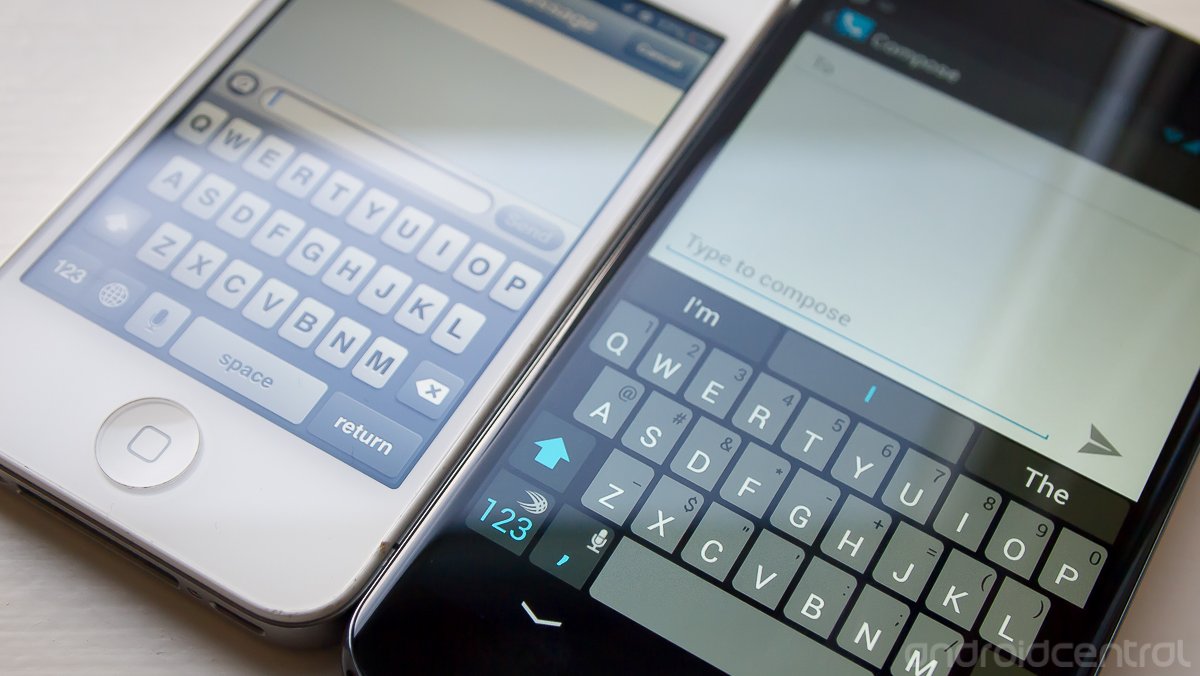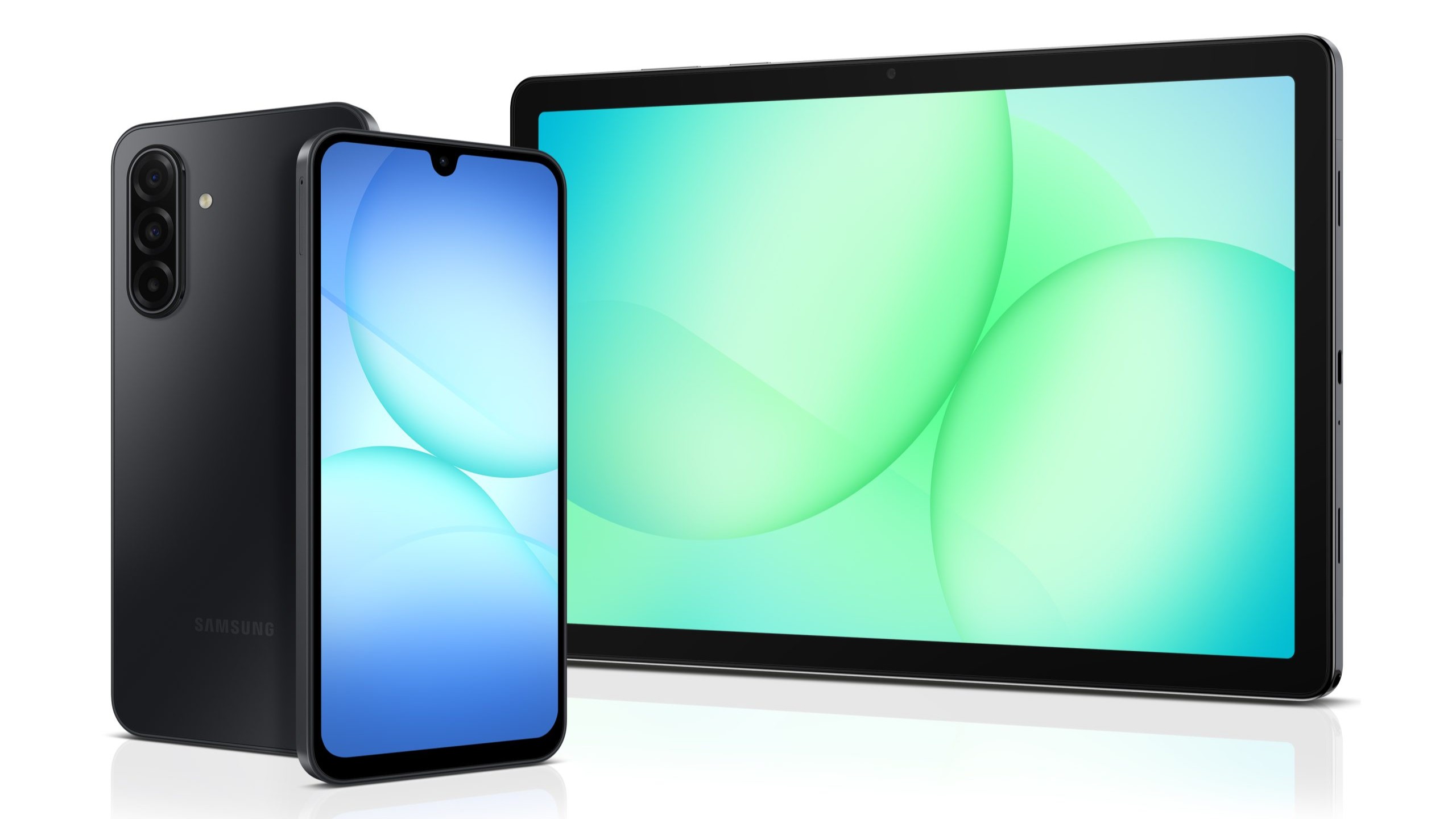Is Android about to lose the exclusive on a top-ranked keyboard to iOS?

If Apple opens up to third-party keyboards, it could allow the iPhone to borrow one of Android's top features
With Apple's Worldwide Developer Conference (WWDC) kicking off next week in San Francisco, speculation is rampant that popular third-party keyboard makers on Android may be courted over to that other ecosystem if Cupertino opens up a proper keyboard API. Following Apple CEO Tim Cook's statements at the recent D11 conference, and a follow-up this week from All Things D, the time might be right for Apple to open up just a tiny bit, and finally allow developers write keyboard apps for the iPhone and iPad.
Of all the popular keyboards for Android, few are as recognizable as SwiftKey -- and if speculation is correct it may be one of the first to make its way onto Apple's platform, given the opportunity. SwiftKey is excited about the proposition of third-party keyboards on iOS, naturally, as it's a huge potential growth area. If you've ever used SwiftKey you may be pleased to see more people having access to a such great piece of software, but what could the availability of third-party keyboards on iOS mean for their Android equivalents?
We've seen it time and time again -- many major apps are released on iOS first. We like to blame it on all sorts of things, but when it comes down to it developers have limited budgets and limited hours to devote to creating and maintaining apps. When developing an app that could theoretically work just fine on any platform, they often have to make a choice to develop for just one initially. The less varied hardware and software of iOS makes it an ideal target.
When it comes to third-party keyboards, Android is by default the first choice because it just isn't an option on iOS. But how will the tides shift if iOS is opened up to aftermarket keyboard? Overnight an untapped marketplace with hundreds of millions of users would be opened up. We can easily imagine a situation where developers -- from TouchType (SwiftKey) to weekend enthusiasts -- are shuffling to get their keyboard approved in the App Store to take advantage, drastically cutting down their development time for Android in the process.
In the long run things may balance out considering the mature marketplace of users installing other keyboards on Android, but we haven't really seen this dynamic play out before. There's a chance Android may be losing its SwiftKey exclusive to iOS next week, but the real unknown is how this will affect the wider market for third-party keyboards.
More: AllThingsD
Get the latest news from Android Central, your trusted companion in the world of Android

Andrew was an Executive Editor, U.S. at Android Central between 2012 and 2020.
